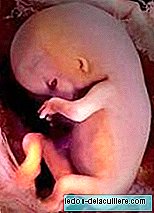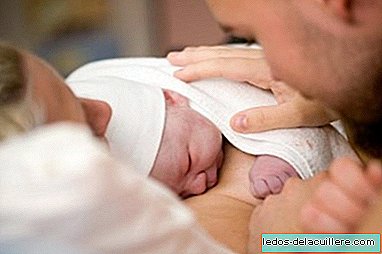
A new study published in the scientific journal Human Reproduction alert about the risk of taking drugs against pain in pregnancy.
While new research is necessary to totally discourage its use, research conducted with more than 2,000 pregnant women and their babies in Denmark, Finland and France relates the use of analgesics in pregnancy with fertility problems in male children.
They found that women who used more than one pain medication simultaneously, for example paracetamol and ibuprofen, increased by seven the risk of the baby being born with some form of undescended testicle, or cryptorchidism, a disorder associated with infertility and testicular cancer, compared to women who didn't drink anything.
The second trimester of pregnancy seems to be the most sensitive period, since the risk would double when taking any analgesic during these months, possibly because it is the period in which the formation of the reproductive organs is completed.
However, they did not find that all medications had the same effects. Ibuprofen and aspirin were linked to a fourfold risk, while taking paracetamol alone also seemed to increase the risk, but less significantly.
The simultaneous use of more than one analgesic, including paracetamol, during the second trimester, increased the risk by 16.
Although the authors of the study do not recommend the use of analgesics to pregnant women, no consequences have been found in women who took them occasionally to relieve a headache.
It is believed that pain medications would alter the natural balance of male hormones of pregnant babies, which affects their normal development by establishing a relationship between analgesics in pregnancy and fertility problems in male children.
Although more conclusive data are lacking to prohibit them, the use of drugs in pregnancy should be restricted as much as possible and opt for natural methods to relieve the discomforts typical of pregnancy.












